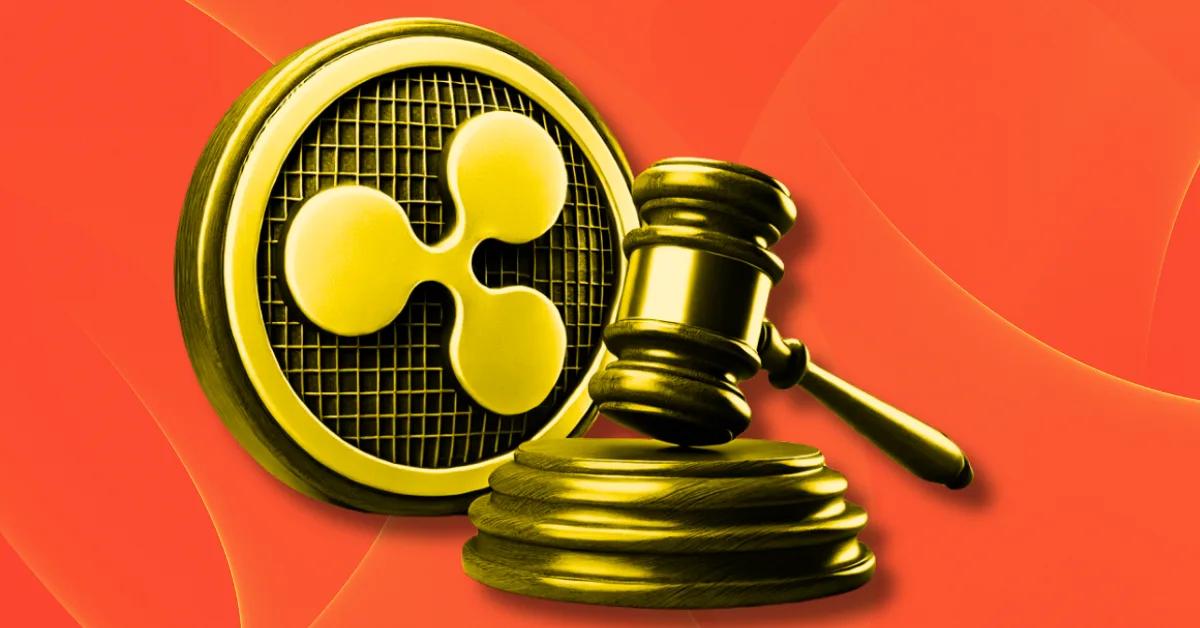Epic Games filed its another answer to Google’s appeal of its guilty verdict in its antitrust trial over how it governs its Google Play Store.
Epic Games, which has been in litigation with Google ever since the latter (and Apple) removed Epic’s Fortnite battle royale game from the Google Play Store after Epic Games sued for antitrust violations in 2020.
“This case is a reckoning long overdue. The trial record is replete with proof of Google’s years-long strategy to suppress competition among app stores and payment solutions in the Android ecosystem,” said Epic Games in its legal filing over the weekend. “Google’s internal documents clearly detail the “combination of tactics” Google employed because it believed “competing on price…is prone to be a race to the bottom.”
Epic, accusing Google of destroying evidence in the case, added, “Despite Google’s intentional destruction of evidence and attempted concealment through what Google lawyers called “fake privilege”, trial exposed the multiple ways in which Google systematically obstructed every avenue for rivals to compete.”
Google has denied antitrust violations and is appealing its legal loss in court. A year ago, a jury found Google violated antitrust laws when it cut Epic Games off during the litigation.
That outcome was different from the antitrust case against Apple, which Epic largely lost. In that case against Apple, Epic won on just one point — that app and game devs should be allowed to advertise their alternative stores with lower prices inside their apps on the Apple app store.
But in this case, the jury found Google had illegally tied its app store and its billing payment service together. Much of the case hung on evidence related to “Project Hug” deals, where Google paid game developers not to compete with its app store, which the jury viewed as anticompetitive.
Among other things, Google required all Original Equipment Manufacturers (OEMs, the companies that manufacture smartphones) that make Android smartphones to preference its app store (called Google Play) and paid most OEMs for complete exclusivity, Epic said.
Epic alleged Google required all OEMs to impose technical and other obstacles (often called “friction”) to dissuade users from obtaining apps outside Google Play. Google paid app developers to withhold exclusive content from Google Play’s rivals, and paid potential competitors not to launch competing app stores. And having squashed competing app stores, Google required developers using Google Play also to use Google’s own payment solution (called Google Play Billing) for which Google imposed an exorbitant fee, Epic said. As a result, only 3% of Android devices in the United States have successfully installed a competing app store. Would-be competitors—from small innovators to powerful companies like Amazon—have been fenced out, Epic alleged.
On the basis of ample evidence of Google’s wrongdoing, after 15 days of trial, a jury unanimously found Google liable for unlawful restraints of trade, monopolization and tying, Epic said.
Following the verdict, the district court conducted a months-long remedy proceeding, with extensive written submissions from the parties, including fact and expert witnesses. The court also held two evidentiary hearings, where it heard from Google fact witnesses and six expert witnesses. The court then entered an injunction that reflected input from both sides, accepting and rejecting some of each party’s proposals. The injunction is crafted to stop Google’s unlawful conduct and address its continuing adverse effects, while allowing Google to compete on the merits—and it terminates in just three years, Epic said.
On appeal, Google says remarkably little about the conduct in which it engaged. It instead bemoans the fact that in a different case with a different record regarding different conduct by a different company (Apple), the outcome was partially different, Epic alleged.
Epic alleged Google’s attacks on the district court’s injunction are also flawed. When a defendant violates the antitrust laws, courts have broad discretion to craft remedies that will end the unlawful conduct and deny the wrongdoer the ongoing fruits of its misconduct, Epic said. The district court here exercised that discretion thoughtfully, taking into account the gravity and pervasive impact of Google’s offenses, leavened by sensitivity to the risks of intervention, Epic said.
Google’s contention that the district court “failed to account” for potential security concerns (Br.82) is also incorrect. The court expressly stated that “there are potential security and technical risks involved” with some of the remedies and authorized Google “to engage in its normal security and safety processes”.
Epic said the trial evidence showed, however, that Google had misused security justifications as a pretext for imposing anticompetitive restraints, and the jury necessarily found that Google’s proffered security justifications were outweighed by anticompetitive effects.
Thus, Epic said the district court reasonably placed limits on Google’s future invocations of “security” as a basis for resisting remedies (requiring Google to show that limits on third-party app stores “were strictly necessary to achieve safety and security for users and developers”). Moreover, the district court had a record establishing that Google’s concerns about security are overstated, Epic said.
Epic Games told the appeals court that the district court’s judgment should be affirmed. In addition, because Google has no prospect of success on the merits, its pending stay motion should be denied promptly, allowing the injunction to begin benefiting consumers and developers while the court prepares its full opinion, Epic said.
We’ll see what Google’s comments are in response.










Leave a Comment